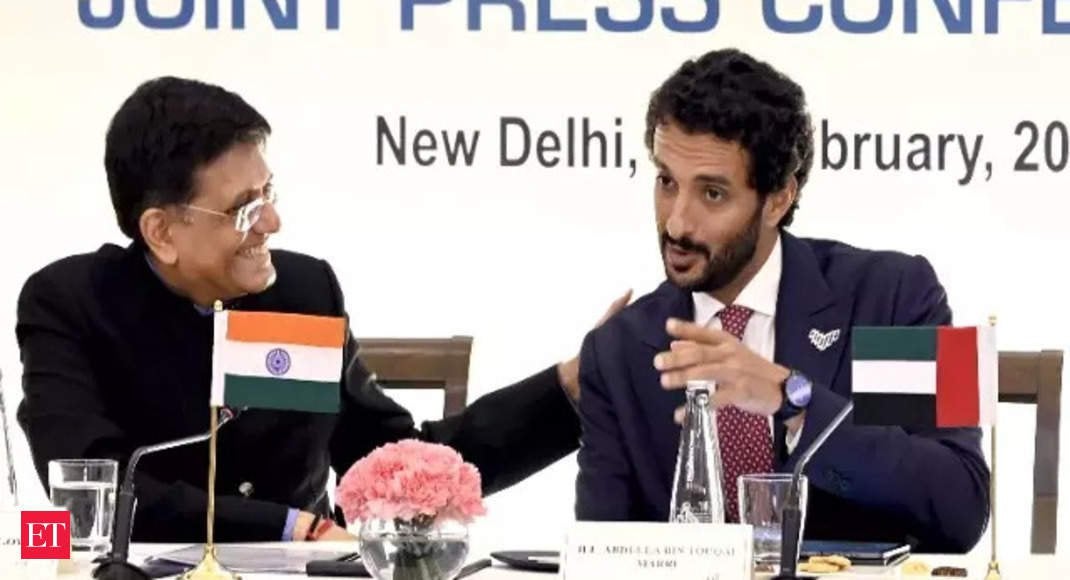The landmark Comprehensive Economic Partnership Agreement (CEPA) between India and the United Arab Emirates (UAE) was recently signed, providing a significant boost to bilateral relations and economic cooperation between the two countries. One of the CEPA's key goals is to boost bilateral non-oil merchandise trade to $100 billion in the next five years. Textiles, Gems and Jewellery, Leather Goods and Footwear, and Food Processing will all benefit from the CEPA, which will boost bilateral investments in labor-intensive industries. This accord will benefit both countries.
In the Middle East and North Africa (MENA) area, the CEPA is India's first bilateral trade deal. Similar accords with the other Gulf Cooperation Council (GCC) countries – Saudi Arabia, Qatar, Kuwait, Oman, and Bahrain – will be made easier as a result of this deal. By using the UAE's transportation and logistics infrastructure, it will provide improved access to markets across the MENA region. Around 90% of products exported and 80% of trade lines between India and the UAE will be duty-free under the CEPA, a huge gain for Indian exporters facing growing competition. Over the next 5-10 years, India's zero-duty access to the UAE is predicted to grow to 97 percent of UAE tariff lines, or 99 percent of Indian exports by value. India's third-largest commercial partner and second-largest export destination is the United Arab Emirates. The UAE's second-largest trading partner is India.
submitted by /u/yourfairymonzter
[comments]
first appear on reddit


Thanks for sharing. I read many of your blog posts, cool, your blog is very good.
Your point of view caught my eye and was very interesting. Thanks. I have a question for you.
Thanks for sharing. I read many of your blog posts, cool, your blog is very good. binance
I don’t think the title of your article matches the content lol. Just kidding, mainly because I had some doubts after reading the article. cuenta de Binance